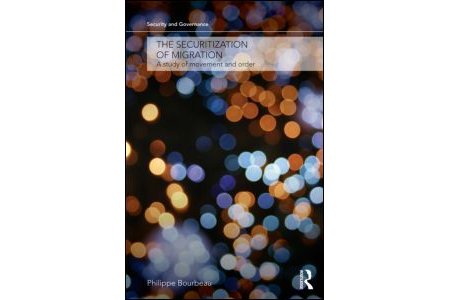It could be argued that the climate change issue has become less about climate justice and more about new profits.
In South Africa, the concept of the green economy is abuzz with nervous energy. There have been numerous conferences on the subject in light of the upcoming United Nations Climate (…)
The Green Growth Agenda: Is This the New Hope?
By Saliem Fakir

